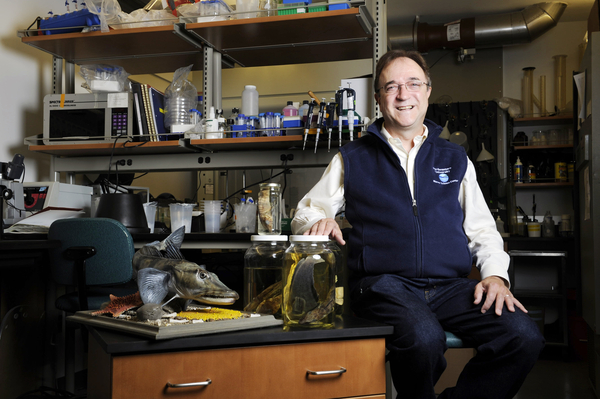3Qs: Creating the world’s largest marine preserve and what it means for fishing, climate research
Last week, an agreement was reached by 24 nations and the European Union to establish the world’s largest marine protected area, in the Ross Sea in Antarctica. The area, which will come under protection on Dec. 1, 2017, covers some 600,000 square miles of ocean, 28 percent of which will be designated as research zones. […]

